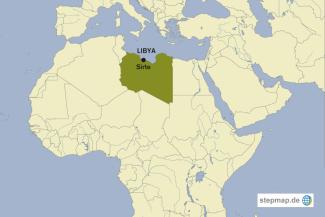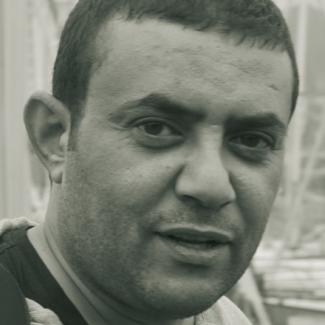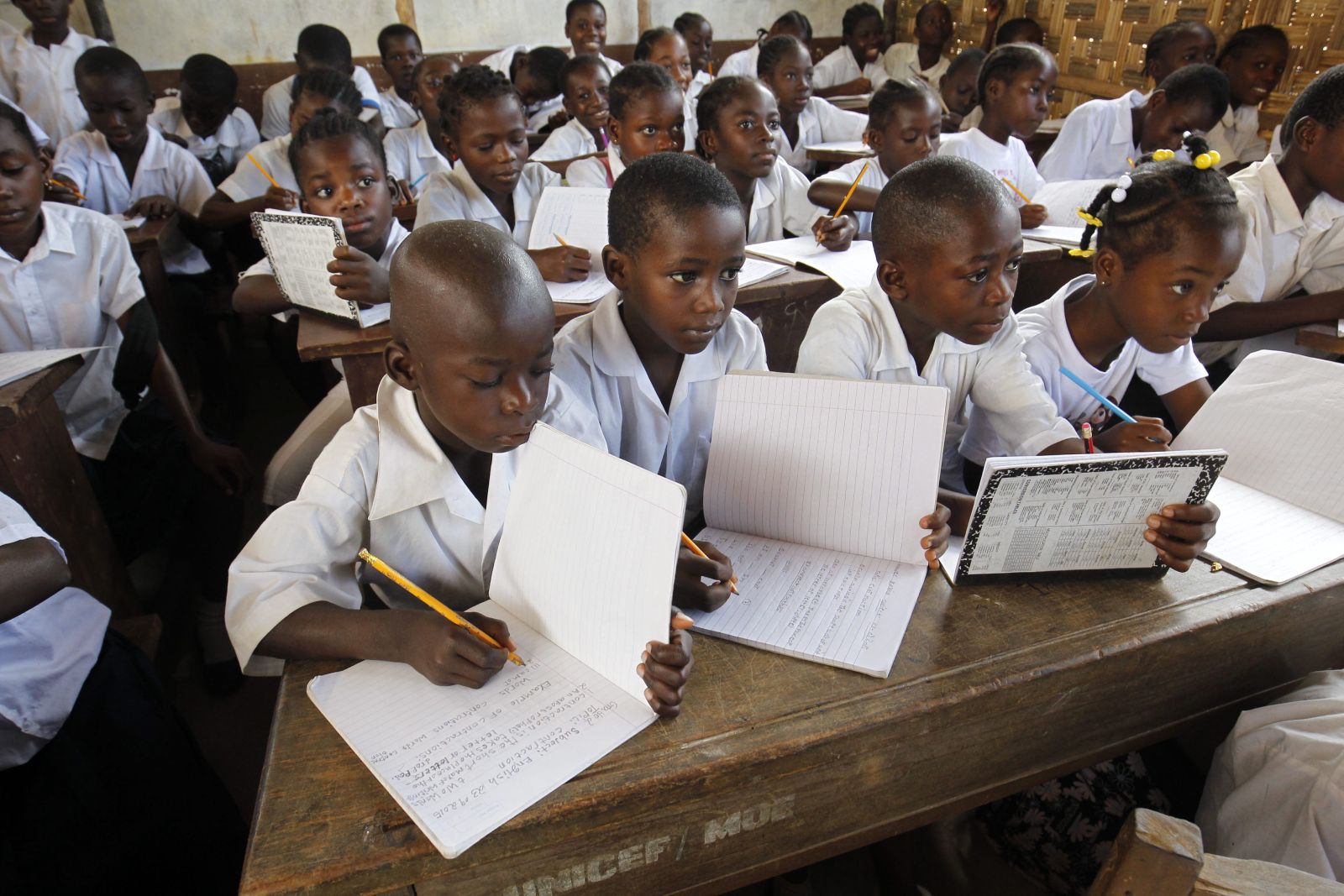Terrorism
Struggling to survive

“I close my shop at 7:30 pm and head home immediately, because after this time, the city becomes a stage for ghosts and thieves,” says Ahmed, a 28-year-old shop owner. Armed gangs dominate the city, although the war has been over for months. The scent of bullets is in the air. Pieces of broken glass and stones are piled high on the sidewalks and obstruct pedestrians. Sand dykes and containers block some roads of the city.
The destruction of Sirte was profound. It is evident, for instance, in the damaged walls of the university. The marks of successive fighting are obvious. Sandbags block the entrance to the university.
Returning residents were shocked by the complete breakdown of basic infrastructure. There was no mobile-phone service. Health facilities had deteriorated. Cash was in short supply. Most buildings were destroyed.
That the inhabitants are cut off from the outside is still evident every morning. Residents are scattered all over the suburbs of the city, searching for a signal of mobile-phone connectivity because they want to communicate with their relatives and friends in neighbouring towns.
Saied, 40 years old and father of four sons, is one of the residents who are up early today, moving nervously from spot to spot searching for a mobile signal. He has to phone friends in Misrata (200 km west of Sirte), in order to find out if he can pick up part of his salary; upon confirmation, he will then drive to the neighbouring city. Every week, Saied drives to Misrata, where he has to wait in a large queue to collect about $ 35.
“One of my sons is ill,” Saied says worriedly. “I have to buy his medicine in Misrata. The medicine costs $ 15 per week.” He adds that he’ll also buy eggs, milk and bread with the rest of the money.
The main health centre in Sirte, Aben Sinah hospital, operates at minimum levels. It lacks most of the essential equipment.
Mohamed, who married recently, is very worried about the health of his pregnant wife: “What shall we do when she gives birth?” He has been advised to seek health care in a neighbouring town, but the young couple can’t afford to stay there, not even for a few days.
Despite all this, there is a strong will of people to survive. Young volunteers are cleaning some roads of the town. Education continues, thanks to volunteers like Aisha, who is 25 years old and has a certificate in computer science. Aisha now teaches kids mathematics – for free. “I am not the only one volunteering in this school,” she says, “30 % of teachers here are volunteers.”
The reason for the teacher shortage, according to her, is “that many teachers still haven’t returned home to Sirte.” Many students have not come home either. It will take long before the city of Sirte recovers from ISIS rule.
Moutaz Ali is a journalist and lives in Tripoli, Libya.
ali.moutaz77@gmail.com
Farah Waleed has a different name. He wishes to stay anonymous for security reasons. He lives in Sirte, Libya.











